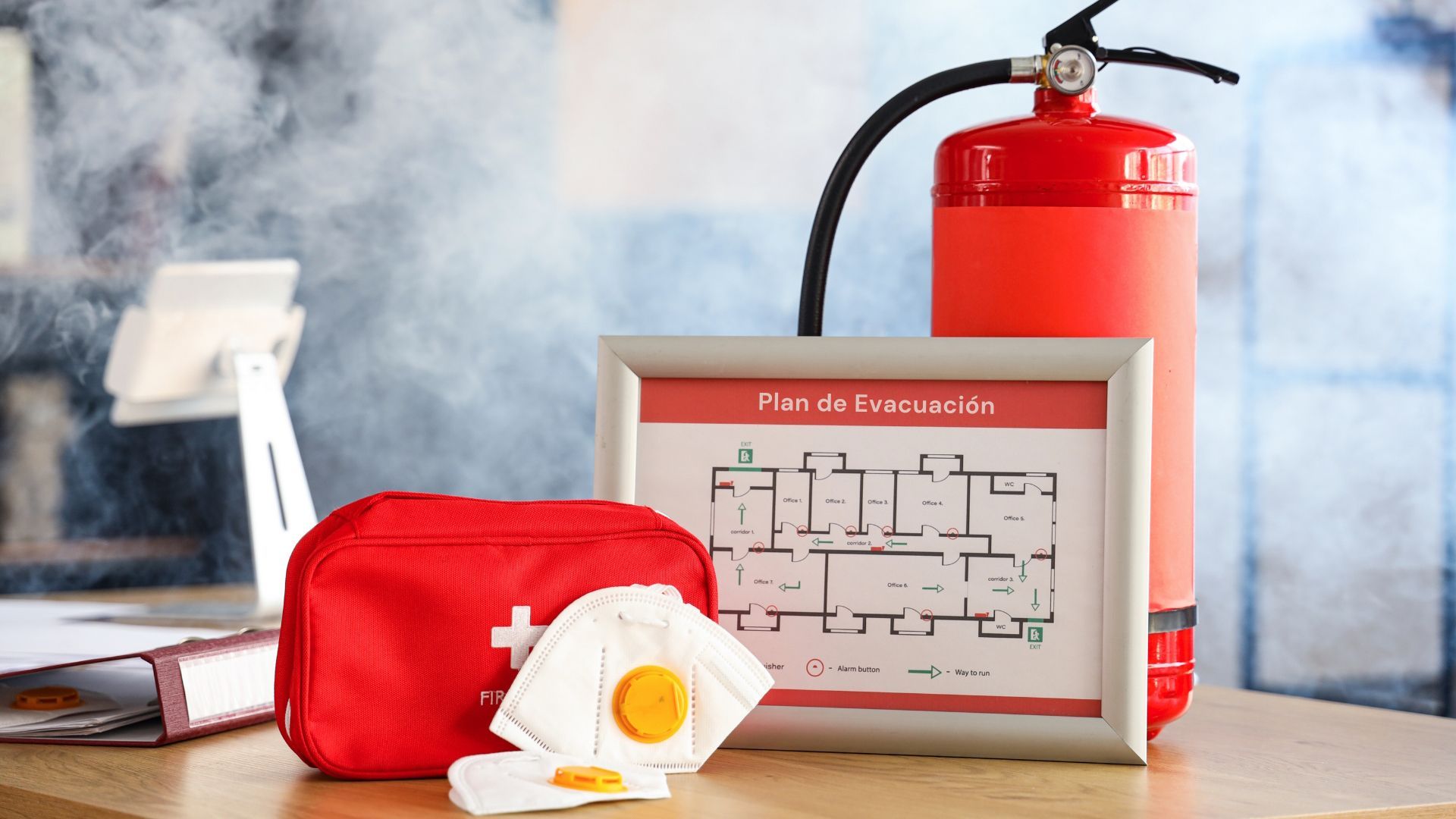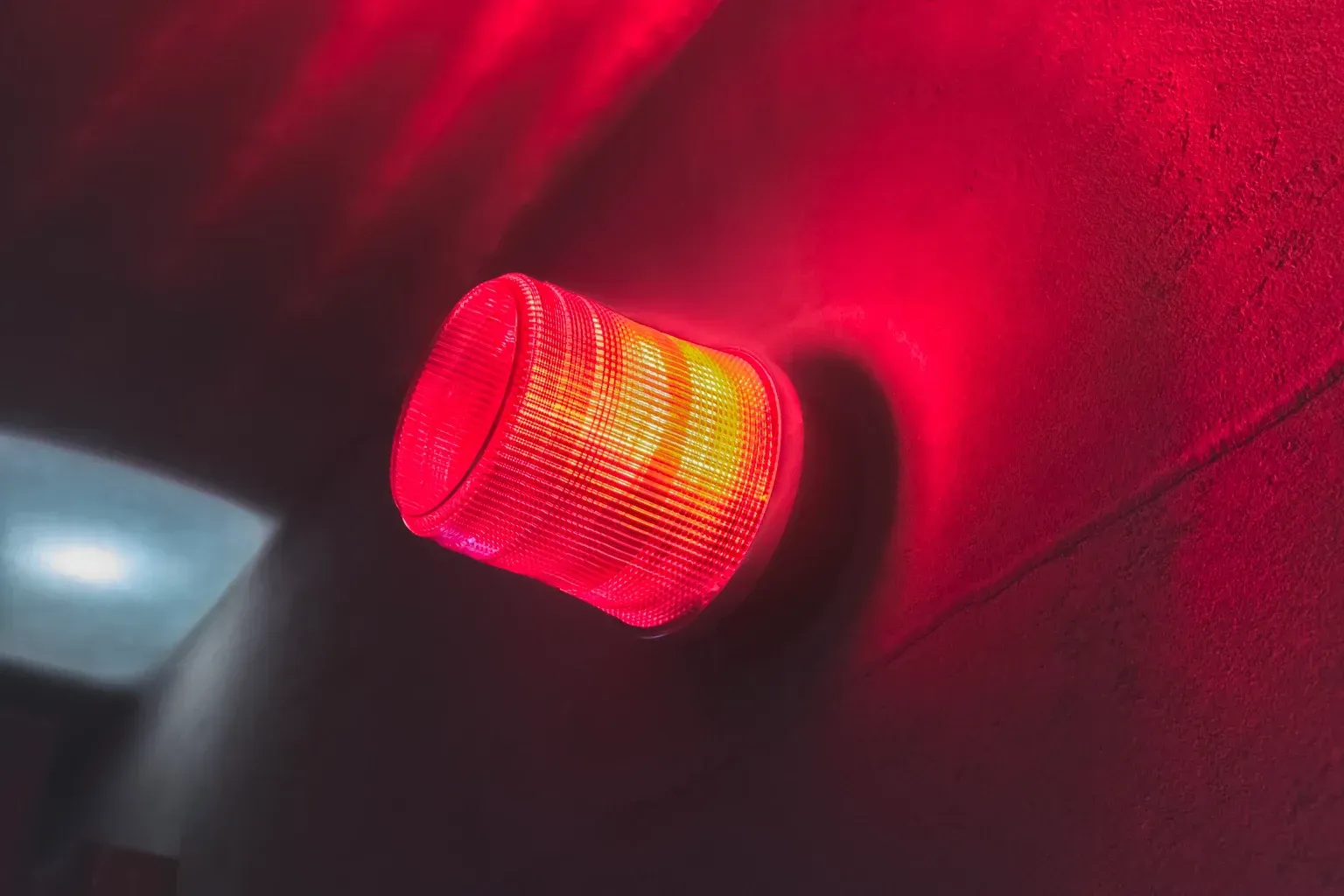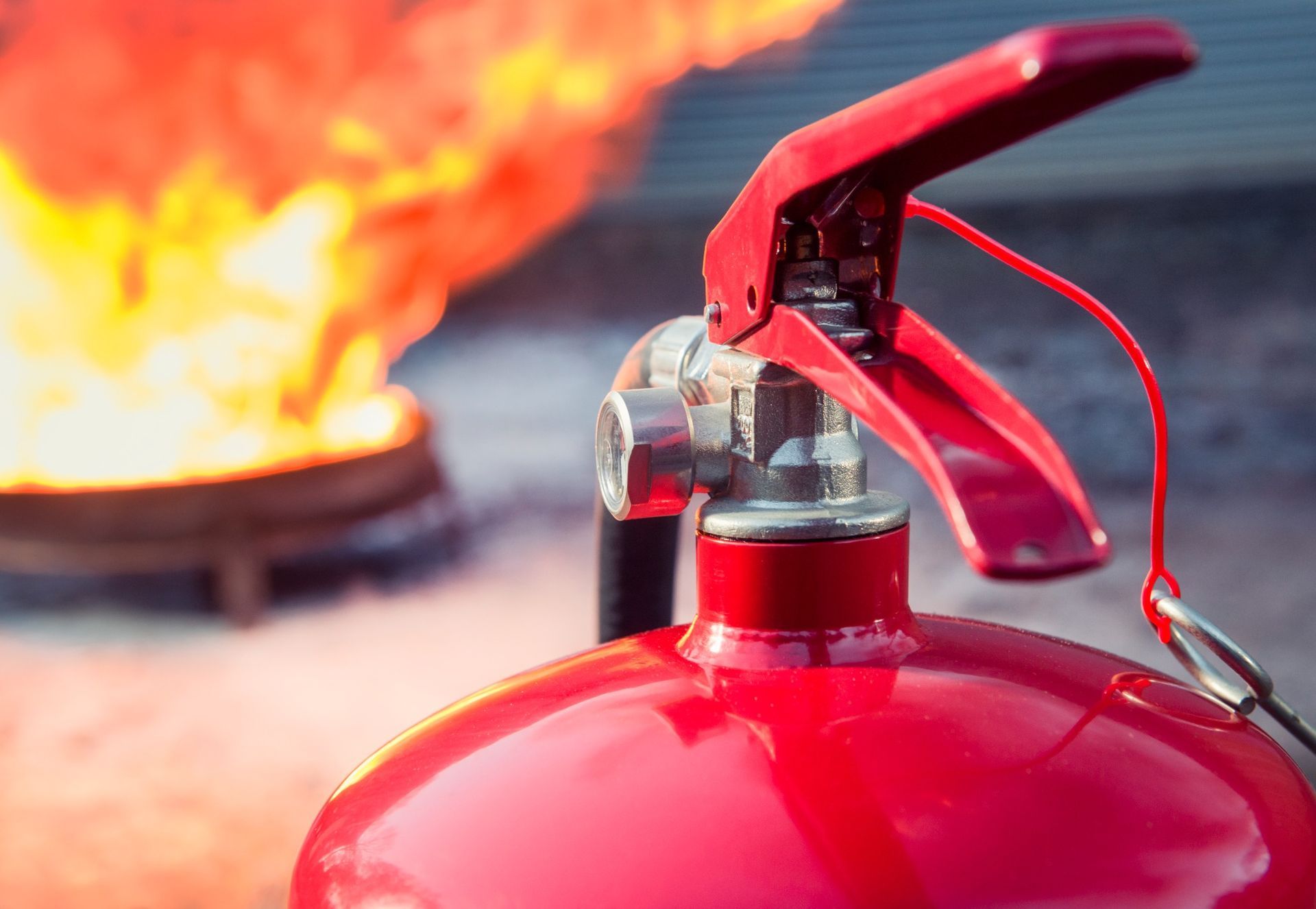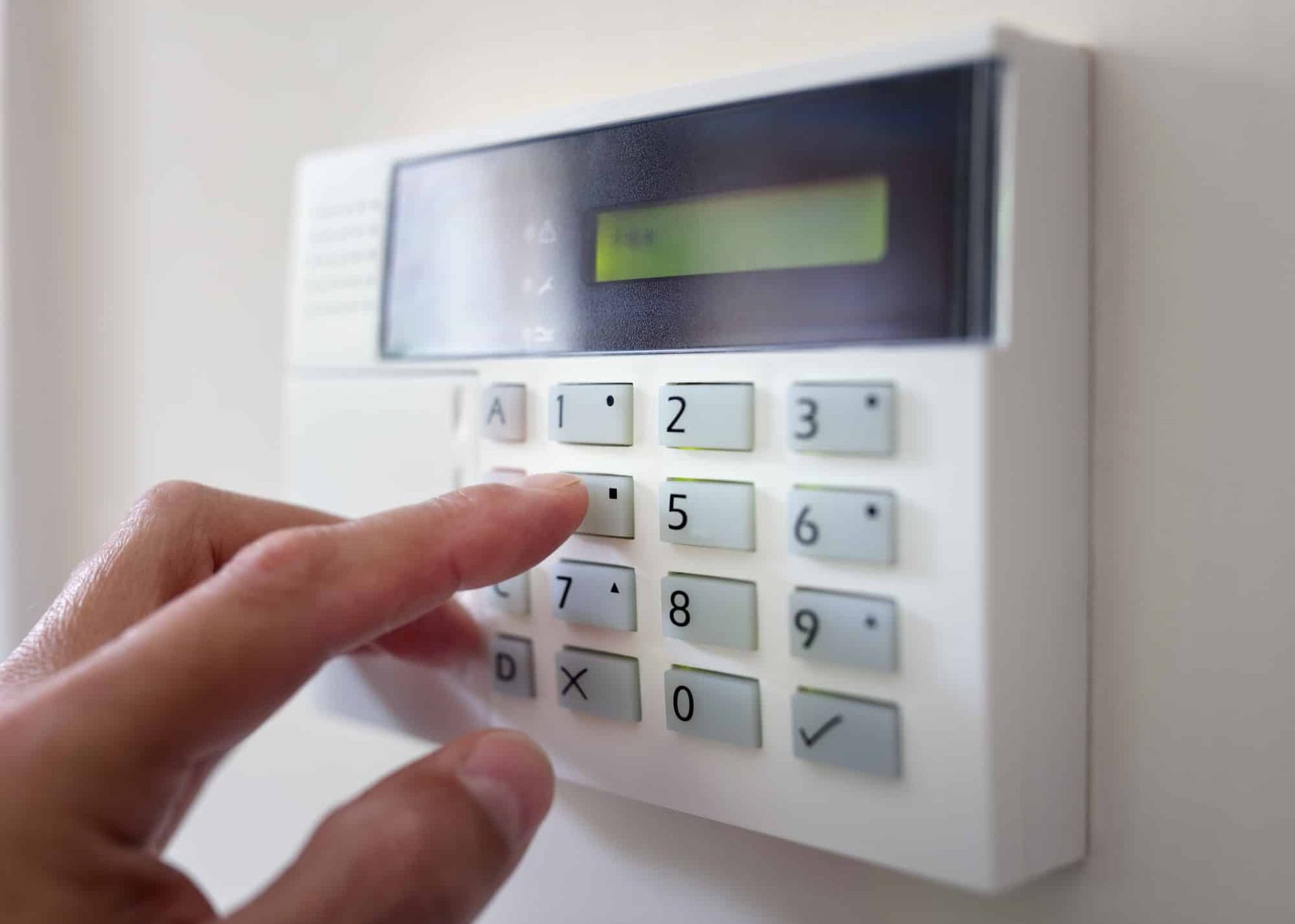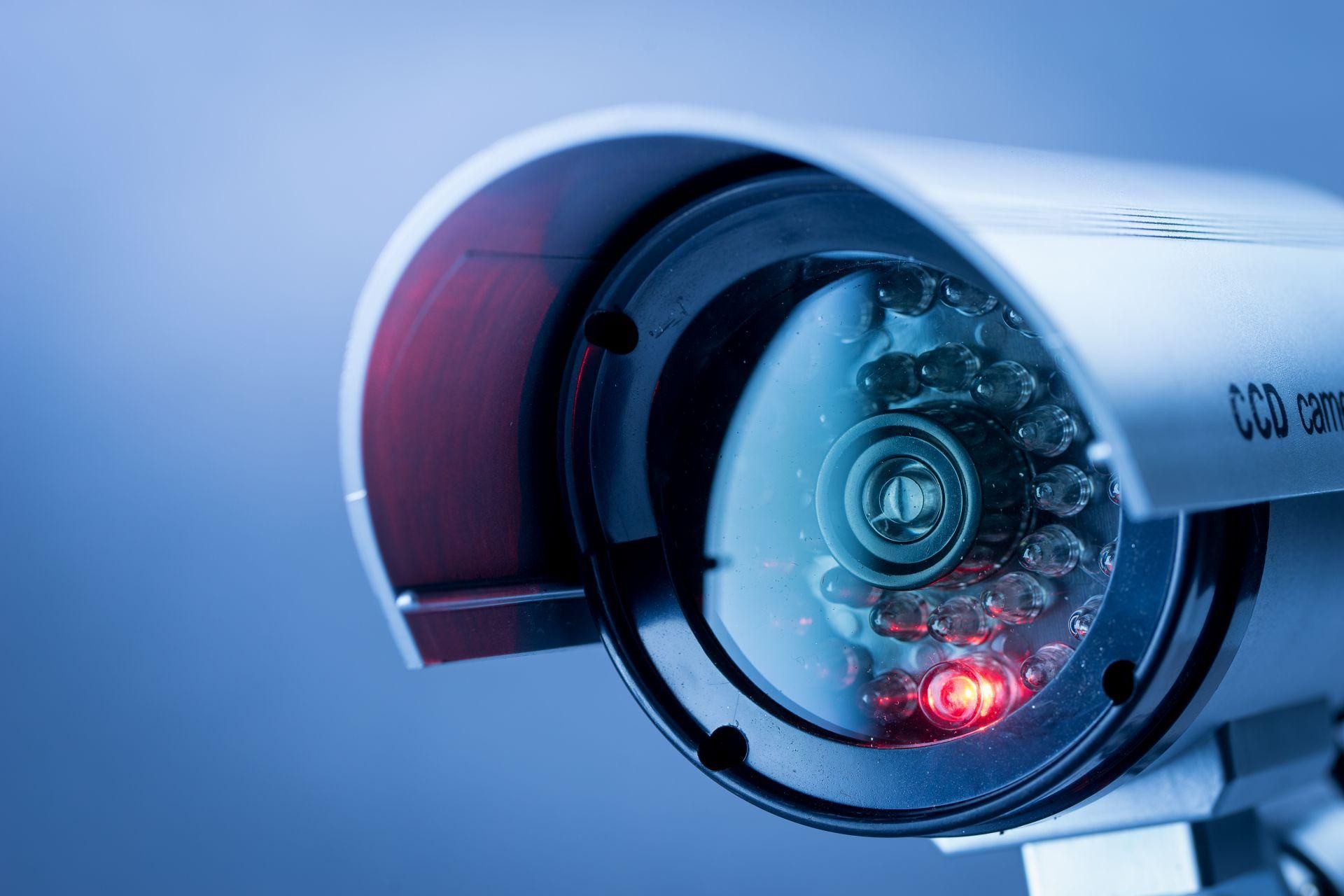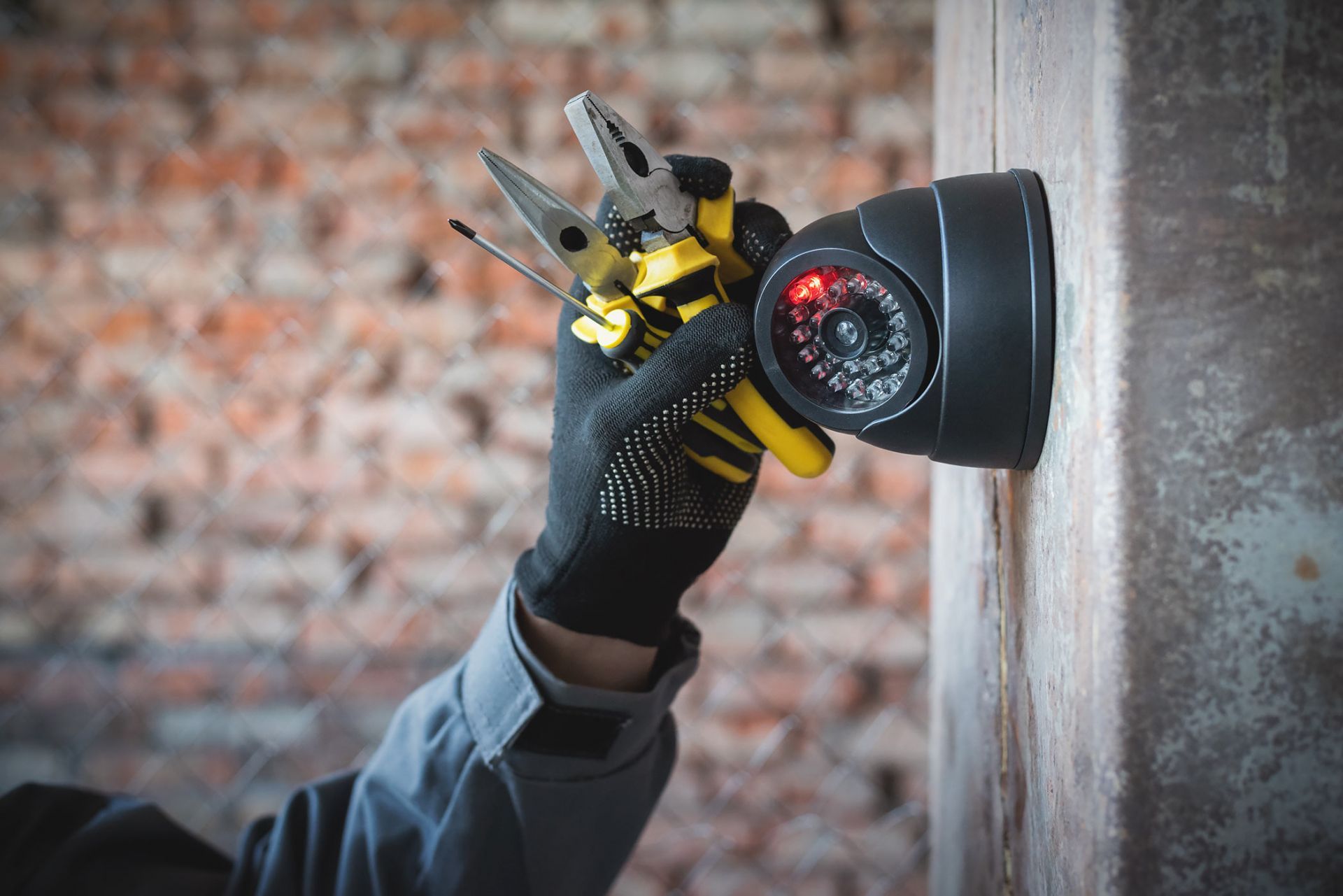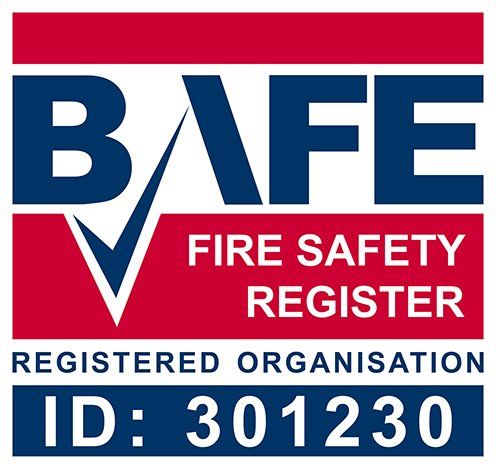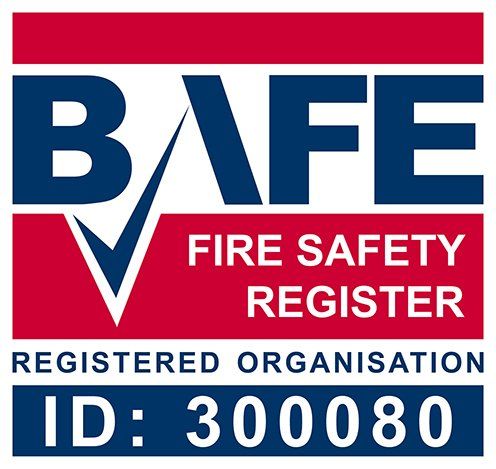How to Prevent a Domestic Fire This Winter
The colder months of the year are when many fires start, mostly due to people trying to keep warm. To prevent a fire in your home this winter, you need to take some steps to protect your property.
Check Your Fire Alarms
You should check your fire alarms every six months anyway, but it’s particularly important during the winter. Make sure the batteries are fresh and the alarms are functional. All too often, people remove the batteries or turn off their alarms because they’re too sensitive, but this can result in a fire becoming a danger before you’re aware of it. Never leave fire alarms disabled.
Clean Your Chimney
This is best done at the beginning of the colder season but can be done at any point. You need your chimney to be free of any obstructions and as clean as possible. You can do your part to keep it clean by burning dry firewood, as it will release fewer chemicals and less creosote will build up in the chimney. A chimney fire can rapidly turn into a full blaze.
Turn Off Your Space Heaters
Do you use space heaters? If so, you need to take extra care with them. They should be turned off at night or when you leave the room, to prevent an accident. Ideally, you should only use space heaters that automatically turn off if they fall over.
In addition to these precautions, keep any items or furniture at least a metre away from the heaters and ensure they’re on a sturdy, flat surface. Never leave them on a bed or blanket.
Replace Old Water Heaters
If you have a boiler, it’s important to check it regularly. An older element or thermostat can become a fire hazard if it’s not watched. You want to avoid anything that would cause a potential flash fire, so have an expert examine your boiler and hot water heaters each year.
Use a Safety Screen
Even the cleanest fireplace can let out a spark that could catch something on fire. To avoid this, never leave the fire unattended and keep anything flammable far from the fireplace. You can also place a fireguard in front of the fireplace to prevent any coals or sparks from leaping out.
Clear Dryer Lint
With the colder weather, you may be using your dryer more than usual. This means you need to clean out the lint more often. The lint trap isn’t the only place to clear, however. The vent and ducts from the dryer are also areas where lint may collect and become a fire hazard.
If you’re not sure what is a potential fire hazard in your home, you may want to call some experts in to do a quick walkthrough of your home. This will give you what you need to know in order to prevent a more serious problem.
Ace Fire provides fire alarms and tips on fire safety. Contact us today to learn more about our offers.

